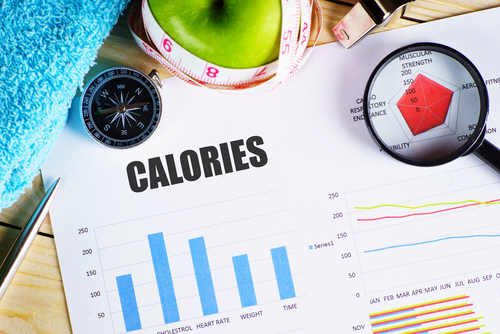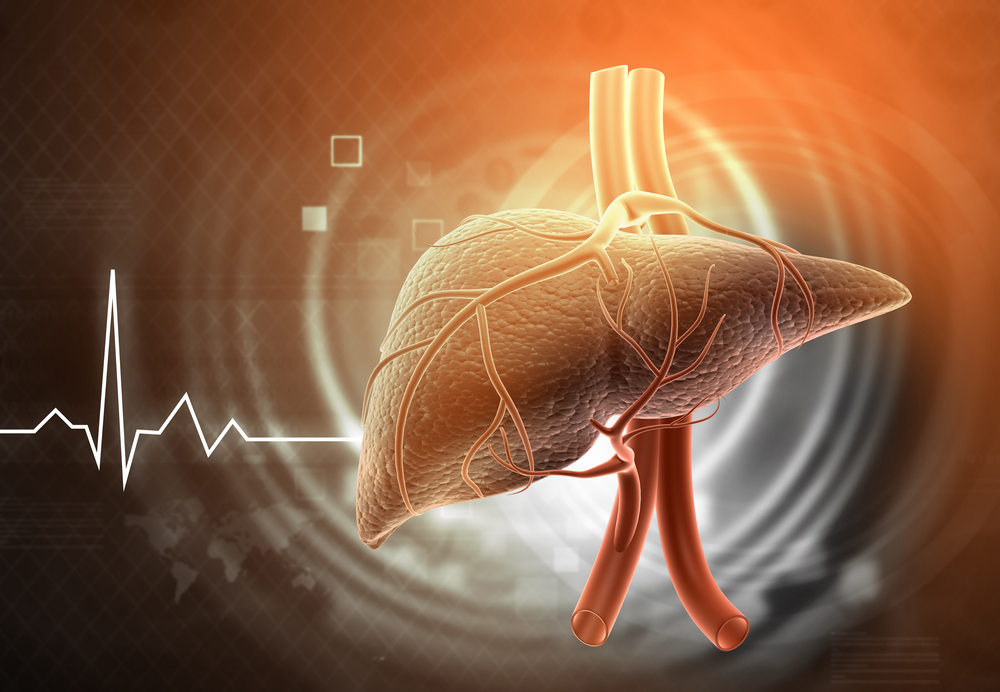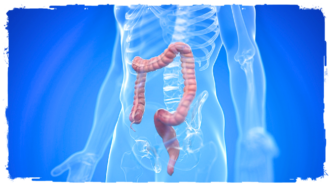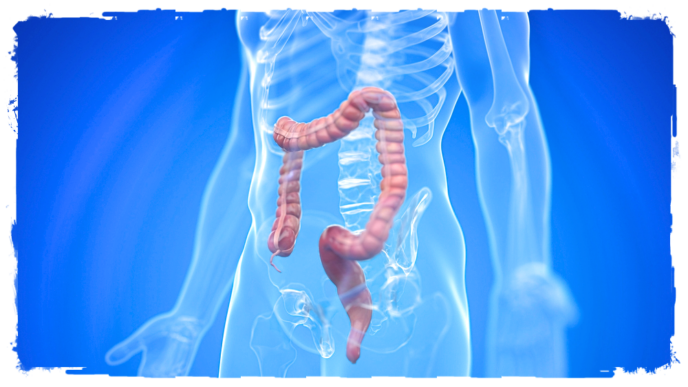WORDS VOON SUK CHEN & DR FATIN HANANI MAZRI
FEATURED EXPERTS
 VOON SUK CHEN VOON SUK CHENNutritionist and Student of Master’s in Clinical Nutrition Universiti Kebangsaan Malaysia (UKM) |
 DR FATIN HANANI MAZRI DR FATIN HANANI MAZRILecturer of Dietetic Programme School of Healthcare Sciences Universiti Kebangsaan Malaysia (UKM) |
When it comes to managing one’s weight, most people tend to think about watching their calories. But do you know that the timing of your sleep and meals is just as important?
Your body follow a natural rhythm that controls all sorts of stuff happening inside you. It’s time to uncover the secrets of your body clock and how they can help you keep your weight in check.
WHY TIMING MATTERS
Have you ever wondered why you consistently feel sleepy as night approaches and your stomach starts growling around the same time each day?
It’s all thanks to your body’s internal clock, known as circadian rhythm.
Our internal clock
The term ‘circadian’ originates from ‘circa’ meaning ‘cycle’ and ‘diem’ meaning ‘day.
It represents the daily oscillation of various molecular, physiological and behavioural processes, including the sleep-wake cycle.
This helps to induce and promote sleep, ensuring that your sleep patterns align with the 24-hour day-night cycle.
How does the internal clock work?
Your internal body clock synchronizes with the day-night cycle through light signals.
During the day, it receives light signals, like sunlight, through retina receptors in your eyes. This stimulates metabolism and physiological processes that promote wakefulness.
As night falls, the body clock detects weaker light stimuli, triggering night-time activities and inducing sleepiness, aided by the release of melatonin.
By aligning your circadian rhythms with the day-night cycle, your internal clock ensures sufficient rest for daytime productivity.
How the internal clock affects our eating-fasting cycle
The eating-fasting cycle is also orchestrated by the internal body clock.
During the daytime, digestive system is optimized for efficient nutrient absorption and energy utilization, while hunger hormones are regulated to promote appetite and energy intake.
Whereas at night, your physiology is geared towards rest, and your digestive system slows down.
Ideally, based on the internal clock, you are meant to be physically active and eating during the day, and sleeping and fasting at night.
However, your internal body clock cycle can be disrupted by erratic 24-hour day-night activities, such as:
- The modernization of our lives.
- Exposure to artificial light around the clock.
- High calorie food being accessible 24-hours.
This disruption can have adverse effects on your efforts to maintain our health, which includes weight management.
THE LINK BETWEEN THE TIMING OF OUR SLEEP & EATING AND OBESITY
Sleep-wake and eating-fasting cycles are 2 vital physiological and behavioural activities that are regulated by internal body clock, and they influence one another.
Staying up late can lead to late-night snacks and weight gain
Eating closer to bedtime, when your internal body clock is telling us that it’s rest time, it can mess with the normal rhythm of internal body clock and eventually promote weight gain.
Picture this: you had dinner at 7.00 pm, and you’re still awake at 1.00 am. That’s a long stretch to feel hungry and be tempted to snack. Staying up late gives you a large window of opportunity to eat, especially if there’s a big gap until bedtime.
Those late-night munchies can easily lead to unwanted weight gain.
Eating 2 to 3 hours before bedtime can lead to weight gain
Your internal body clock will stimulate the production of melatonin, a hormone that make you feel sleepy, 2 to 3 hours prior to usual bedtime.
Eating close to the onset of melatonin production has been associated with insulin resistance as well as greater body fat percent and waist circumference.
Eating more later in the day can lead to more weight gain
Several studies reported that your body burns less calorie (diet-induced thermogenesis, DIT) during dinner compared to breakfast.
The decrease in DIT reflects a reduction in energy expenditure from digestion, absorption, and metabolism of the nutrients ingested.
Therefore, if you eat more of calories towards later in the day, you are more likely to gain more weight compared to those that eat earlier in the day.
Lack of sleep can make us hungry and eat more than we should
Not getting enough sleep due to late sleep can mess with important hunger hormones like leptin and ghrelin, which can leave you feeling hungrier and more likely to overeat.
On top of that, it affects your brain’s ability to make healthy choices and control cravings.
Studies have shown that sleep-deprived individuals have poor food choices, and they tend to go for high calorie and unhealthy foods.
5 WAYS TO ALIGN YOUR BEHAVIOURS WITH YOUR INTERNAL CLOCK & OPTIMIZE YOUR WEIGHT MANAGEMENT EFFORTS
- Sleep early. Don’t let late nights tempt you into reaching for those late-night snacks. Aim for an early bedtime, ideally aligning with the natural day-night cycle.
- Have an adequate amount of sleep. The National Sleep Foundation and the Sleep Health Foundation recommend 7 to 9 hours of sleep for adults.
- Maintain a consistent sleep schedule. Stick to a routine, even on weekends, to keep your circadian rhythm on track and promote better sleep quality.
- Have regular meals and avoid late-night eating. Establish regular mealtimes and try to avoid eating close to bedtime. Give yourself at least a three-hour gap between your last meal and sleep.
- Eat more calories earlier in the day. Follow the age-old wisdom of “eat breakfast like a king, lunch like a prince, and dine like a pauper.” Focus on consuming a substantial portion of your daily caloric intake during breakfast and lunch.
Aligning your sleep and eating patterns with circadian rhythms is important for effective weight management. So, the next time you find yourself struggling with your weight, remember that it’s not just about calories.
Take a moment to listen to your body’s natural rhythm, prioritize adequate and quality sleep, stick to consistent sleep and meal schedules, and avoid late-night eating.
These small adjustments can help maintain a healthy weight and achieve a healthier you. Your body and waistline will thank you for it!
References:
- Al Khatib, H. K., Harding, S. V., Darzi, J., & Pot, G. K. (2017). The effects of partial sleep deprivation on energy balance: a systematic review and meta-analysis. European journal of clinical nutrition, 71(5), 614–624. https://doi.org/10.1038/ejcn.2016.201
- Bacaro, V., Ballesio, A., Cerolini, S., Vacca, M., Poggiogalle, E., Donini, L. M., Lucidi, F., & Lombardo, C. (2020). Sleep duration and obesity in adulthood: An updated systematic review and meta-analysis. Obesity research & clinical practice, 14(4), 301–309. https://doi.org/10.1016/j.orcp.2020.03.004
- Boege, H. L., Bhatti, M. Z., & St-Onge, M. P. (2021). Circadian rhythms and meal timing: impact on energy balance and body weight. Current opinion in biotechnology, 70, 1–6. https://doi.org/10.1016/j.copbio.2020.08.009
- Chaput, J. P., McHill, A. W., Cox, R. C., Broussard, J. L., Dutil, C., da Costa, B. G. G., Sampasa-Kanyinga, H., & Wright, K. P., Jr (2023). The role of insufficient sleep and circadian misalignment in obesity. Nature reviews. Endocrinology, 19(2), 82–97. https://doi.org/10.1038/s41574-022-00747-7
- Dashti, H. S., Gómez-Abellán, P., Qian, J., Esteban, A., Morales, E., Scheer, F. A. J. L., & Garaulet, M. (2021). Late eating is associated with cardiometabolic risk traits, obesogenic behaviors, and impaired weight loss. The American journal of clinical nutrition, 113(1), 154–161. https://doi.org/10.1093/ajcn/nqaa264
- Mazri, F. H., Manaf, Z. A., Shahar, S., Mat Ludin, A. F., & Abdul Basir, S. M. (2022). Development and evaluation of integrated chrono-nutrition weight reduction program among overweight/obese with morning and evening chronotypes. International journal of environmental research and public health, 19(8), 4469. https://doi.org/10.3390/ijerph19084469
- Richter, J., Herzog, N., Janka, S., Baumann, T., Kistenmacher, A., & Oltmanns, K. M. (2020). Twice as high diet-induced thermogenesis after breakfast vs dinner on high-calorie as well as low-calorie meals. The Journal of clinical endocrinology and metabolism, 105(3), dgz311. https://doi.org/10.1210/clinem/dgz311









